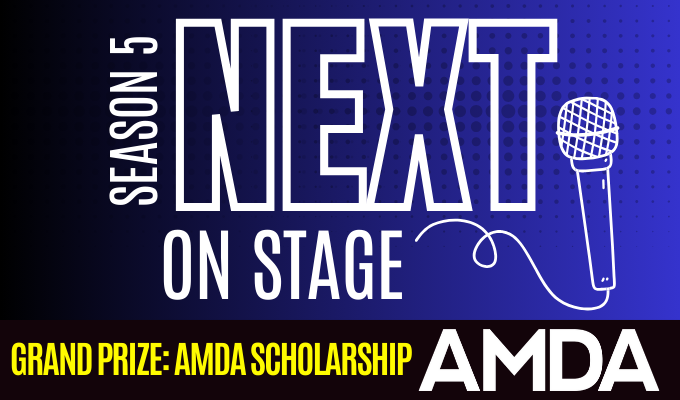Trending Stories
Recommended for You
2 Broadway Shows Close Today
Left on Tenth and Cult of Love play their final performances today, February 2, 2025.
HADESTOWN to Be Filmed in London With Original Broadway Stars
There will be 2,000 tickets in total available to purchase for the filmed performances.
2024 Obie Awards Winners- The Full List
Winners include Cole Escola, Gabby Beans, Dianne Wiest and more.
HELL'S KITCHEN Wins GRAMMY Award for Best Musical Theater Album
Merrily We Roll Along, The Outsiders, Suffs, The Notebook, and The Wiz were the other nominees this year.
Industry
West End

Review: NINA CONTI: WHOSE FACE IS IT ANYWAY?, Apollo Theatre
Masks, mayhem and a monkey: Nina Conti's latest show delivers the goods again.
Masks, mayhem and a monkey: Nina Conti's latest show delivers the goods again.
New York City

Peter Sarsgaard To Lead Martin Crimp's Version Of Molière's THE MISANTHROPE
With Juliana Canfield, Julie Halston, Reg Rogers, and Robert Sella.
With Juliana Canfield, Julie Halston, Reg Rogers, and Robert Sella.
United States

Feature: THE MUNY’S 30 NODS LEADS THE ST LOUIS THEATER CIRCLE AWARDS NOMINATIONS
St. Louis Shakespeare Festival’s AS YOU LIKE IT and Stages St. Louis’ RAGTIME are the Most Nominated Productions with 10 Nods Each
St. Louis Shakespeare Festival’s AS YOU LIKE IT and Stages St. Louis’ RAGTIME are the Most Nominated Productions with 10 Nods Each
International

Interview: Jayna Elise of TINA: THE TINA TURNER MUSICAL at Salle Wilfred Pelletier, Place Des Artis
On stage through February 9th, 2025.
On stage through February 9th, 2025.
















































.jpg)










































